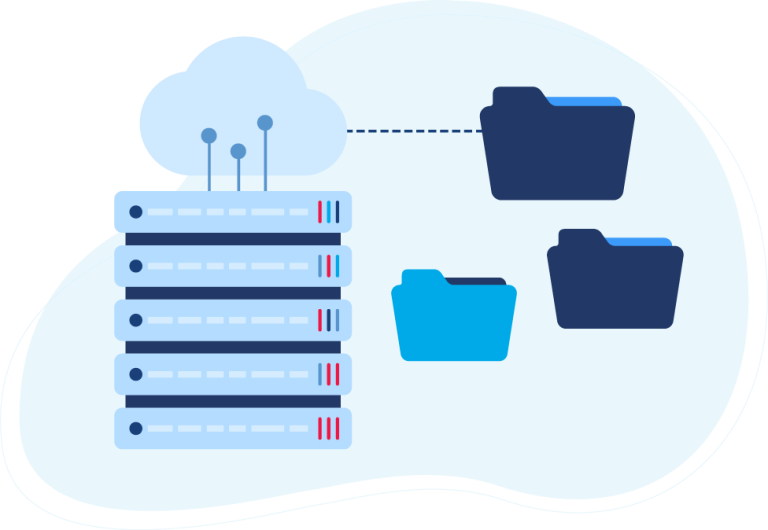As commerce both in the physical world and online continues to advance, eCommerce integration is the key to being able to rise to new levels. We’ll explore what eCommerce API integration is, integration misconceptions, and how to integrate your eCommerce applications with your ERP.
Scaling in eCommerce can be a daunting task for some Merchants. There is no shortage of information out there, but how much of it is really true? And how much can you actually rely on? Before getting into the fundamentals of eCommerce integration, let’s dive into some misconceptions.
Misconceptions Can Harm Your Business
Myths and misconceptions run rampant in the eCommerce world. They mostly come from un-informed sources with a narrowed perspective. When strategizing eCommerce growth, it’s important to think big picture and take a wide perspective that combined different perspectives with expert knowledge.
When faced with misconceptions, it’s important to listen to eCommerce experts to help guide you through what can be a complex and overwhelming process. In this video series, experts Robin Smith, CEO of VL OMNI, and Julia Jackle of Dubai-based Shopify Plus Agency Creative971 mention some of the key integration myths and demystify them.
What is eCommerce Integration?
Ecommerce integration connects disparate applications together for a more consistent automated movement and delivery of data across a wide range of your business applications.
Most importantly, brands need to understand the variety of solutions that solve the challenge of automating data. From tactical bandagelike plug-ins to fully strategic eCommerce API integration solutions like VL OMNI, understanding where your business’ strategy fits is the most valuable exercise your business can work through.
eCommerce Integration Software
There’re as many eCommerce integration software solutions to automate and integrate your data as there are businesses out there to use them. Each has advantages and disadvantages based on the stage of growth and strategic needs of your business.
In general, all integration approaches fit into five broad categories:
- Manual data entry
- Free Integrations
- Plug-and-play integrations
- Do-It-Yourself (DIY)/ Hardcoded integrations
- Integration Platforms as a Service (iPaaS)
For an in-depth explanation and benefits of each integration solution, visit our article on integration approaches.
Let The eCommerce Experts Provide Clarity On Integration Myths
Now that we’ve cleared out some key concepts, our experts will walk you through the most common data integration and eCommerce myths, and explain how you can start thinking about your eCommerce goals strategically.
Myth #1: DIY Is Cheaper
That’s incorrect, DIY integrations are not cheaper. Manually coded and manually maintained, these integrations often require a team of integration professionals to maintain their functionality over time.
This integration approach often tends to be more costly than others, as the code is manually built or revised each time a change or new integration is required. If this code ‘lives’ with a single individual, there’s a real risk of the integration approach becoming ineffective over time.
Myth #2: Free Integrations Work Well and Are Sufficient
Another incorrect statement.
In fact, free integrations are basic and provide limited functionality. In general, growing businesses with complex needs find require an integration solution that fits their specific business rules and needs. For instance, real-time integrations. However, free integration has proven to be too limited for that scope and scale.
What is A Managed Integration Service?
All integration solutions serve the purpose of connecting your siloed data and applications. However, the more complex the business, the more sophisticated solution you will need to grow, meet changing customer expectations, and streamline operations.
A managed service provider will take care of your integrations and configure them to fit the needs of your growing business so you can meet customer expectations and sell more. VL OMNI is a managed service that powers file-based, B2B, EDI and API integrations for brands looking for a solution that can reduce complexity and manual processes.
Watch the video below for an in-depth explanation of what an integration managed service can do.
Not All Integrations Are Created Equally
All integration solutions serve the purpose of connecting your siloed data and applications.
However, the more complex the business, the more sophisticated solution you will need to grow, meet changing customer expectations, and streamline operations.
eCommerce Is Not Easy
The eCommerce space has become very competitive with so many options just a click away on any device. Ultimately, brands looking to stay ahead of the curve must invest in solutions to inform their decisions and data, just like eCommerce integration.
Rely on Agile eCommerce Technology To Grow Faster Than Ever
Start your integration journey today to create a seamless shopping customer experience, save time and money by unifying your key backend operations and applications.
 D365 Business Central
D365 Business Central Netsuite
Netsuite



